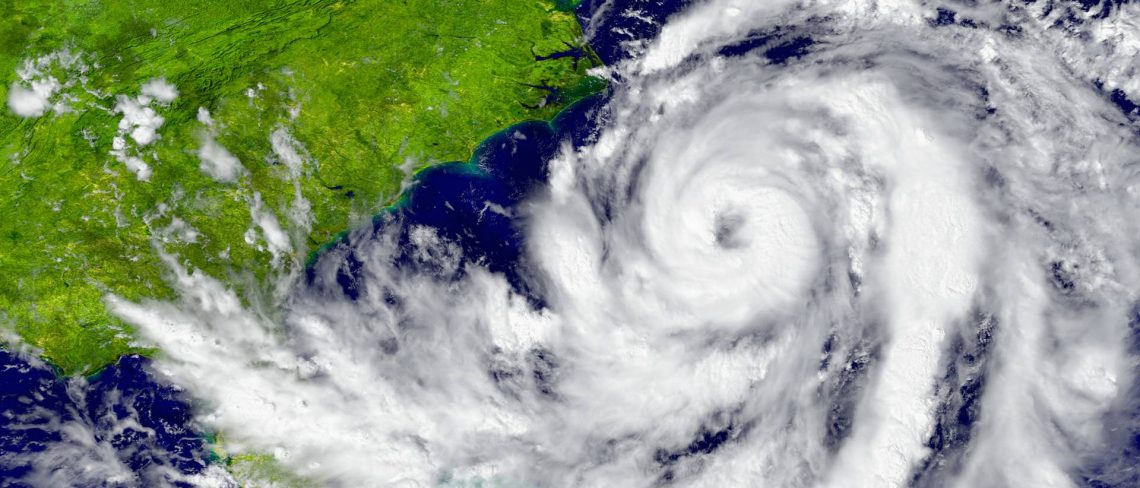When it comes to planning for any major event, being informed is perhaps the greatest advantage you can have. “Knowledge is power,” as the saying goes. When considering the tremendous destructive power of hurricanes, a little bit of knowledge can make all the difference, especially when it comes to planning for the seniors in your life.
Seniors are more vulnerable to natural disasters, so being informed takes on extra importance. One of the first ways of safety planning would be for seniors to assess their neighborhoods and communities. This does not have to be done alone. In fact, it can best be done in consultation with a trusted family member, friend or your agent under your Florida power of attorney.
Make a list of how a hurricane might affect you. For example, consider these questions:
- Do you live in a flood zone?
- Do you have large tree branches hanging over your house that are susceptible to high winds?
- What is the quickest path out of your neighborhood?
- Where is the nearest public shelter in case an evacuation order is issued?
- How much medicine do you need each week and do you have it on hand?
- Where is the closest hospital?
These are a few questions aimed at identifying practical items that would need to be accounted for when creating a hurricane prep plan.
Unlike tornadoes, hurricanes are usually known and monitored by weather services and news stations before they impact a given area. But they are also unpredictable in terms of which path they’ll ultimately take and may leave with little time to prepare.
Considering the sheer size and power of these mega-storms, you’ll need to come up with a way of getting timely, accurate and reliable information at the local level – especially if the storm knocks out your power. For seniors who statistically have less access to technology, this may pose even more of an issue.
Public warning systems exist for this purpose. Get to know how your local authorities communicate this information. For example, if emergency information is reported by radio, then find out the exact station.
You may also connect with your local fire department. Stop by, introduce yourself and ask for advice on how you can best prepare for a hurricane as a senior. Ask them what you should know about the layout of your neighborhood and community? Determine if there is a priority evacuation list you may be placed on. Discuss your plan with them and ask for help refining it. Bear in mind, there also may be a priority list with your utility company, especially if you take refrigerated medication.
Finally, connect with your neighbors. Many neighborhoods have safety watch programs, block associations and faith-based groups dedicated to serving those in need. Let them know who you are and where you live so they can check-in on you before, during and after a hurricane.
We know this article may raise more questions than it answers. Having a disaster plan is just the first step. You also need Florida estate planning to ensure that there is a person with legal authority who may act for you in a crisis. Do not wait to contact us with your questions.


